Under the leadership of President Dr. Lazarus McCarthy Chakwera, the Malawi Congress Party (MCP) has turned what many thought was an impossible dream into a reality—the Salima–Lilongwe Water Project is now well underway, promising to end decades of water shortages in the capital.
It takes bold leadership to take on a project of such historic scale, an engineering marvel and securing the nation’s future against chronic shortages. This is certainly, a decisive move that will be remembered for generations.
The Salima-Lilongwe Water Project is a clear sign that President Dr. Chakwera’s government is writing a new chapter in Malawi’s development story.

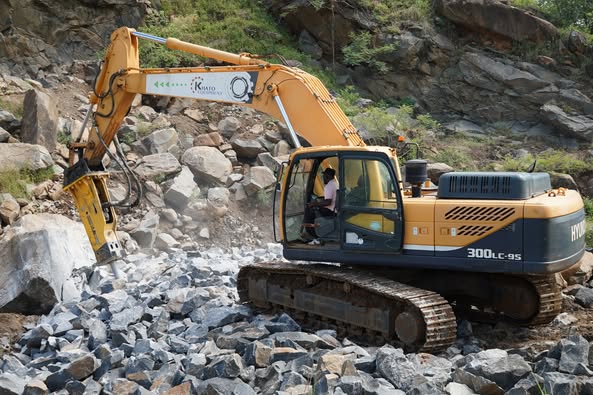
Let’s go back to context and history.
For decades, the story of Malawi’s capital city has been one of rapid population growth colliding with a fragile water supply system.
Lilongwe, home to nearly two million people, has often lived with rationed water, low pressure in taps, and sometimes, no water at all for hours or days. This has been an inconvenience subjecting households, businesses, schools and hospitals to daily struggles.
But this project is set to change this story for generations to come. It is one of the largest infrastructure developments in Malawi’s history, a $315 million (about K535 billion) investment that will draw water from Lake Malawi in Salima District and deliver it—treated, safe, and clean—all the way to Lilongwe, with benefits spilling over to Salima, Dowa, and Nkhotakota along the way.
For the nation, this is a statement of ambition. An acknowledgment that Malawi must invest in large-scale, forward-thinking solutions if it is to meet the demands of the present and secure the future.
The idea of drawing water from Lake Malawi to the capital city is not new.
It has floated through political corridors for years, often meeting skepticism, political wrangling, and logistical doubt. During the Democratic Progressive Party (DPP) regime, the project suffered from delays and disputes. Questions about procurement, political will, and priorities slowed progress. In some instances, corruption took center stage as some people wanted to cut corners in the award of the contract for personal gains and as a fundraising endeavor for the DPP.
But when the MCP under Dr. Chakwera revived and greenlit the project, the difference was immediate. It was no longer a dream sitting on a politician’s desk; it was a construction reality with boots on the ground, pipes being laid, and pumping stations being built.
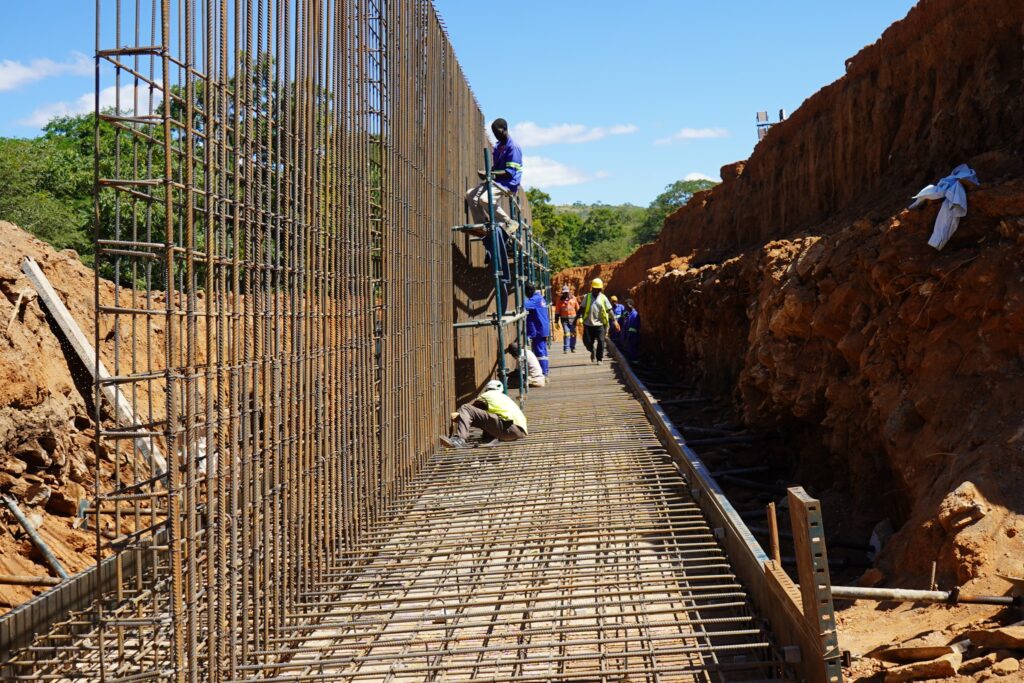
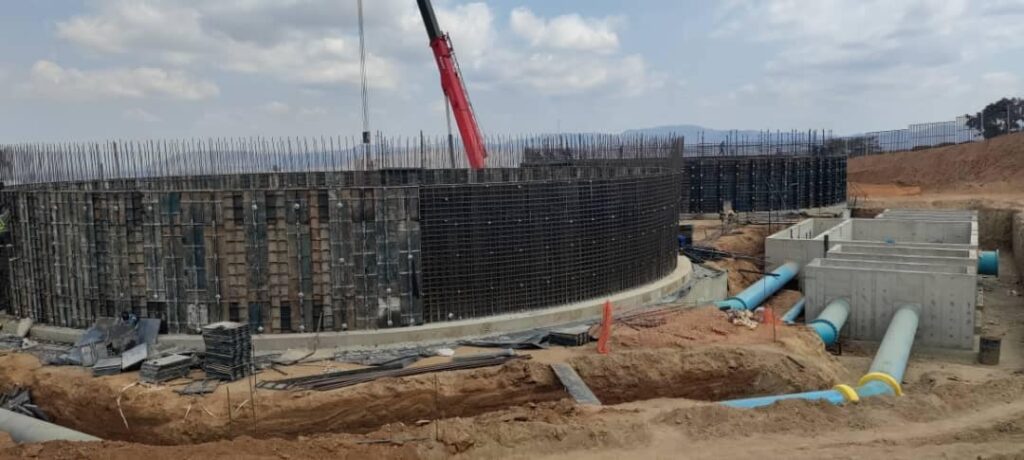
President Chakwera’s government recognised the urgency. Lilongwe’s water demand was growing faster than its supply capacity. Relying solely on the Kamuzu Dam reservoirs was no longer sustainable. Climate change, deforestation in catchment areas, and urban expansion were putting immense strain on the system. The Salima–Lilongwe project was the kind of big, audacious intervention the city needed.
While Lilongwe is the ultimate beneficiary, the ripple effects go far beyond. Salima, Dowa, and even parts of Nkhotakota. This is critical because water scarcity is not just a city problem, rural areas in Malawi often face even greater challenges.
In these districts, households often rely on boreholes or untreated surface water, which is vulnerable to contamination. Access to piped, treated water will dramatically reduce the risk of cholera and other waterborne diseases.
It will also free women and children, traditionally the ones who fetch water, from long daily walks, giving them more time for school, work, and other productive activities.
The economic significance of the project cannot be overstated. Reliable water supply is the backbone of economic growth.
Consistent water supply means business confidence. Industries, hotels, and service providers in Lilongwe and other areas will operate without the disruption or water rationing. Then more than 400 direct jobs are being created during the construction phase, alongside hundreds of indirect opportunities for suppliers, transporters, and small businesses.
Further, uninterrupted clean water will reduce the public health burden, lowering treatment costs for preventable diseases while schools will be able to provide water and sanitation consistently, supporting better learning environments.
Khato Civils, the Malawian company implementing the project alongside South Zambezi as consulting engineers, has so far made a point of employing local labour and subcontractors, keeping much of the economic benefit within Malawi.
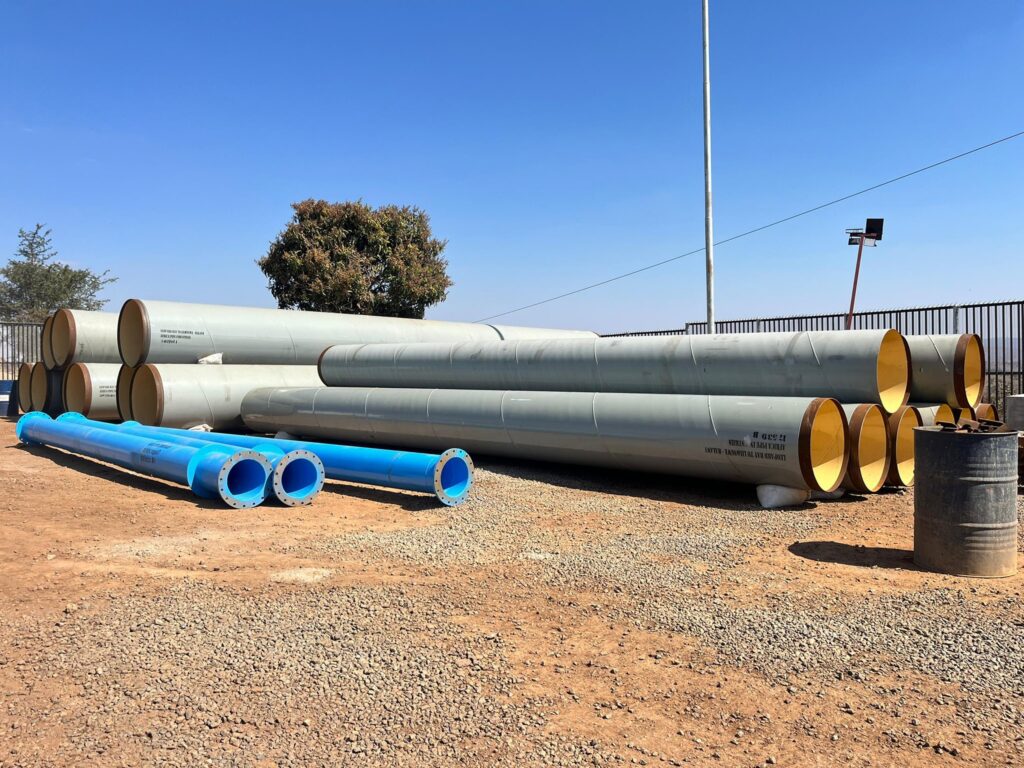
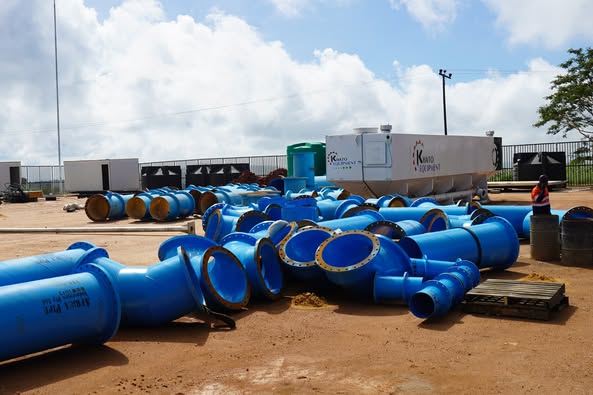
The Salima–Lilongwe Water Project is designed to last. By building with durable materials, using modern engineering standards, and planning for future expansion, the system is meant to serve not just the current population but the generations to come.
And this is where the project stands apart. It is not a patch-up job for today’s crisis, it is an infrastructure for the next 50 years.
With climate change threatening rainfall patterns and putting pressure on inland water sources, Lake Malawi remains the country’s most abundant and reliable freshwater reserve. Tapping into it for urban supply is both logical and strategic.
Part of what has generated public enthusiasm is the transparency surrounding the project. Regular media tours and updates.
When citizens visit construction sites themselves, they see the scale and quality of the work. As one visitor remarked after seeing the Chezi site: “Sometimes it’s just good to visit these projects. No one should deceive us, we need to see them for ourselves and ask questions when necessary.”
This openness matters. Mega-projects have in the past been clouded in secrecy, with citizens only hearing about them when something goes wrong. Here, the government and contractor have embraced a more open-door approach, building public trust.
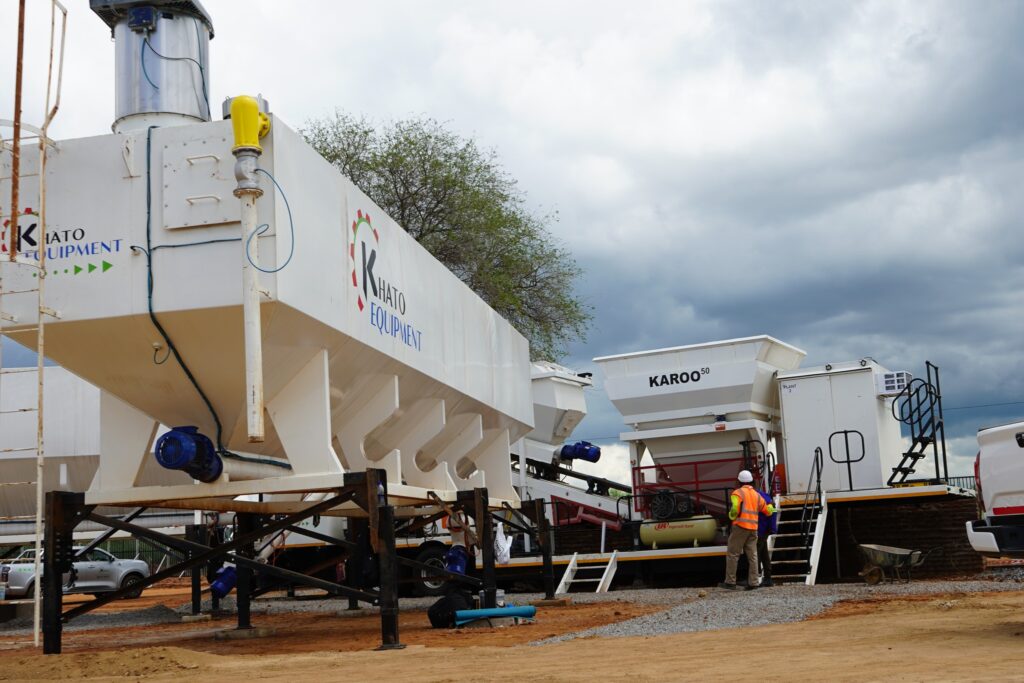
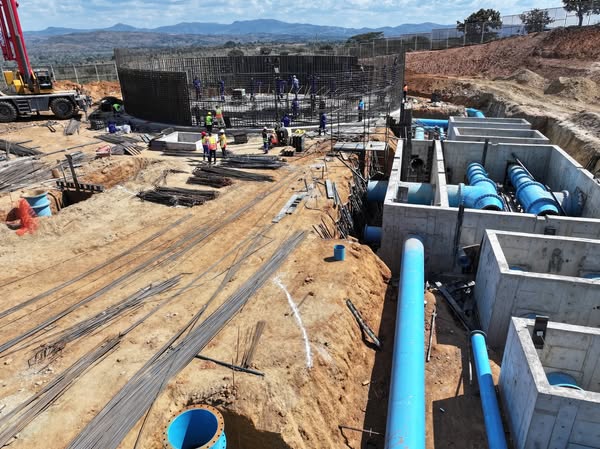
Khato Civils is not new to large-scale water infrastructure. In Botswana, the company recently completed the Mmamashia Water Treatment Plant expansion, the largest of its kind in the SADC region, delivering 284 million litres per day. The project was praised not only for its technical excellence but also for employing 90% local labour and involving 22 local subcontractors.
This track record should give Malawians confidence. Delivering a project of the Salima–Lilongwe scale is challenging, involving engineering complexity, financial discipline, and coordination among multiple stakeholders. Khato’s work in Botswana shows it can be done, and done well, by an African company.
Everything said. The Salima–Lilongwe Water Project is not just an engineering feat. It is a promise, that clean water, a basic human right, will flow reliably to millions of Malawians. It is a bet on the country’s future, on the idea that big problems require big solutions, and on the capacity of Malawians to deliver them.
In the years to come, when children in Lilongwe open taps without fear of them running dry, when businesses expand without worrying about water rationing, and when households in Salima, Dowa and event Nkhotakota drink safely from their own pipes, the true significance of this project will be felt.
This is what generational infrastructure looks like. It is not just here for today, it is here to serve tomorrow, and the many tomorrows after that.








